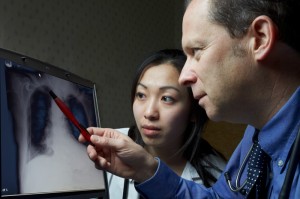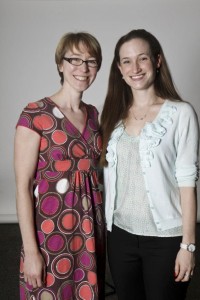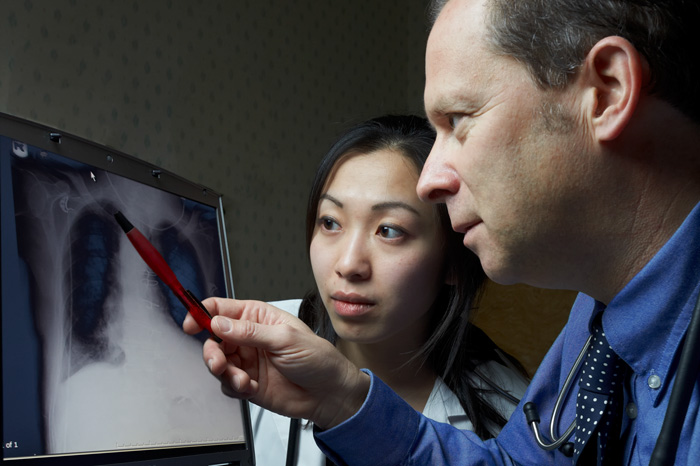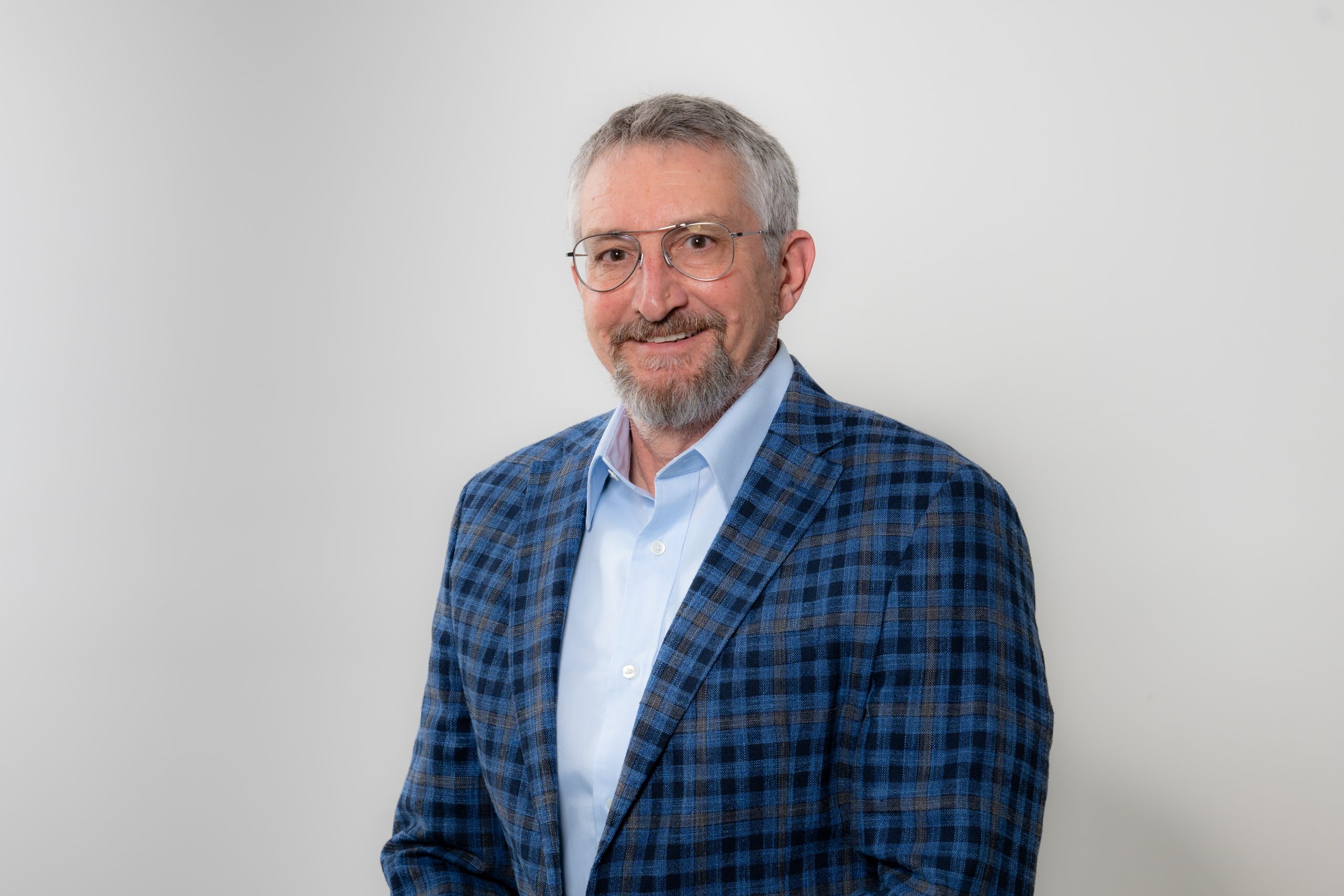
More than 2,000 years ago, Greek philosopher Aristotle observed, “For the things we have to learn before we can do them, we learn by doing them.” This might be the motto of the UConn School of Medicine’s nationally respected Student Continuity Practice. SCP has students working side-by-side with community-based primary care physicians during the first three—and sometimes four—years of medical school. This spring, another class of students and their physician preceptors marked the completion of their participation in the SCP with a celebratory dinner at the Health Center in Farmington.
One of the students who spoke at the event was Raymond Lorenzoni, who studied with Dr. Nima Patel, a pediatrician in West Hartford. Lorenzoni noted that the SCP enables students to place hands on patients every week very early in their training. “As we are learning how illnesses affect their bodies in class, we are learning how illnesses affect their lives,” Lorenzoni said. “SCP allows us to translate the cold, abstract descriptions in our textbooks into patients who are more memorably palpable.”
“I have thoroughly enjoyed my SCP experience and believe it has helped make me a better clinician,” Lorenzoni went on to say.
And that, after all, is the overarching goal of this unique program.
A model program
UConn’s SCP was one of the first three-year programs in the country when it was launched in 1995. Since then, it has become a model for institutions nationwide. The program is highly structured and fully integrated into the overall curriculum. Students spend a half-day each week in their assigned practices. The initial focus is on taking histories, doing physical examinations, promoting health and advising patients on behavioral modification techniques. As they progress, students work with preceptors to understand the clinical correlations involved in certain diseases and learn about differential diagnosis and problem lists. By the third-year clinical rotation, students often have their own panel of patients—many of whom they’ve built relationships with over time.

Student John Mahler just completed his third year working with Dr. Jeffrey Goldberg of Family Medical Group in Bristol. Mahler says the experience has given him exposure to a wide variety of patients and conditions. “We see everything,” he says, “including musculoskeletal complaints, basic medicine, diabetes, hypertension, infection, pneumonia.” Mahler, who is considering specializing in psychiatry, has gained experience in that area, too. “There are quite a few patients with depression or anxiety, for example, even at a family medicine site. At least once a week I speak with a patient with psychiatric issues.”
The opportunity to work with seasoned physicians is invaluable. Mahler says that observing Dr. Goldberg’s manner and the way he practices medicine has given him “a lot of good habits I’ll take with me” into practice.
Student Lauren Grandpre agrees. Grandpre worked with internal medicine specialist Dr. Catherine Holmes of Grove Hill Medical Center in Southington. “Perhaps my favorite part of the SCP experience is watching Dr. Holmes in action,” Grandpre says. “It is a pleasure to observe how consistently thorough and compassionate she is with each and every patient interaction.” Grandpre says she hopes to emulate her mentor as she goes on to become a physician.
In addition to helping them develop their clinical skills, the SCP give students insights into the realities of operating a medical practice and the personal and professional challenges physicians face. “I was surprised at how busy the clinics are,” John Mahler says. “Dr. Goldberg sees quite a few patients in an afternoon. And I was surprised by the variety of concerns patients come in with.”
Preceptor perspective
Many of the physicians who participate in the SCP have done so multiple times. Dr. Minh Han of ProHealth Physicians in Manchester has been a preceptor since 2002. He says that having students in his practice allows him to “give back” to those who mentored him early in his training and helps him stay abreast of new developments in medicine.
Early in their program, students require a significant investment of time and energy by their preceptors, Dr. Han says. But that investment generates short-term benefits: as students gain more clinical experience they can actually help with patient flow. “In the long term, I hope they’ll become better physicians—more knowledgeable, more experienced,” Dr. Han says. Since today’s students are tomorrow’s physicians, he notes, “I see it as an investment, not just in my own office, but for society as a whole. I think it’s well worth it.”
Follow the UConn Health Center on Facebook, Twitter and YouTube.



